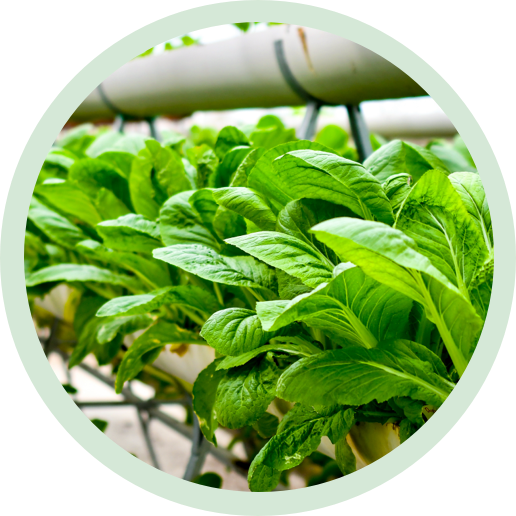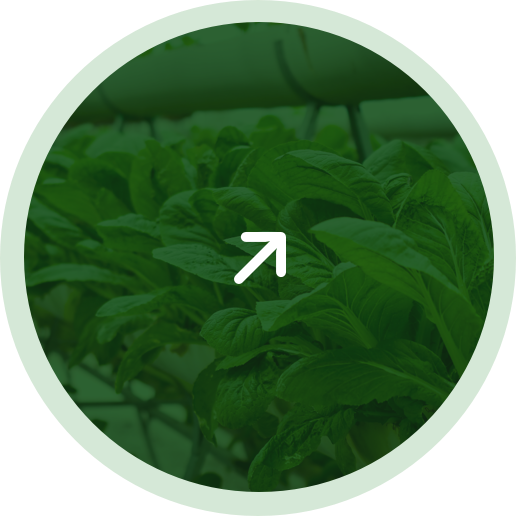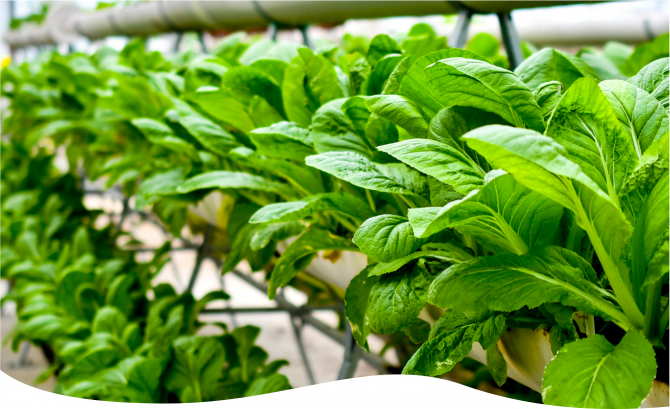About
Climate Spheres UK
We help farmers, supply chains, and commercial agricultural interests to identify, adapt to and mitigate local climate changes. We assist organisations to help solve the emerging challenges the UK’s food system faces - cooperatively, competitively, profitably and collaboratively.
Today’s Challenge
Our food system is facing increasing pressures that drive the need for more sustainable farming. The impacts of climate change will exacerbate pressures from rising costs to labour shortages whilst consumer demand for low-cost high-quality food increases.
As the climate rapidly warms, we’ll need to adjust the way we produce, source and export food including; shifting to new precision agricultural methods and technologies with the opportunity to diversify crops and maintain food security, reducing the amount that the UK imports for food supply. Changes in growing seasons, precipitation patterns and soil health are crucial in determining the impacts of climate change on long-term food supply.



Where We Come In
We fill the gap currently left by existing climate risk companies by simplifying combined, complex data sets, and addressing underserved agricultural markets within the UK’s food system.
Consultancy
We are backed by extensive knowledge in; climate modelling, environmental science, law and policy, engineering, global governance.
Data + Information
We have sophisticated knowledge in engineering physics, computer architectures, electrical engineering, and develop bespoke technological solutions and software.
Education
We can provide a range of training sessions and collaborative opportunities for SME Farmers and Universities. On request, we can also appear at events or conferences for public talks.
Funding
Over the years we’ve developed a wide network, and have a holistic understanding of available grants and funding, which we will assist you in obtaining.
Our Values
Our Values
Adapting to
Climate Change
Our goal is to ensure an expansive, healthy, and available food supply for the United Kingdom. With adaptive capacity, we can develop sustainability and resilience at all levels of the food system, diversify UK crop variety to reduce imports, and increase the market presence of SME farmers in the UK food supply chain.
Our Values
Act with Passion
and Respect
Our commitment to creating a sustainable, resilient and equitable food system stems from our multifaceted experience in government, commercial, and the nonprofit sectors.
Our Values
Environmental
Justice for All
We address the environmental impacts of the food system that often disproportionately affect marginalized communities, whilst ensuring that action does not marginalize existing agricultural communities.
Our Values
Develop Collaborative Partnerships
Our inclusive approach delivers the capacity, science, and technology we need to solve the climate change crisis. Working with like-minded, collaborative partners in communities, NGOs and The Government.
UK farmers will need to adapt to drier and longer summers, wetter winters, increased volumes and intensity of precipitation. We have the solutions to prevent your business falling behind while remaining profitable.
Our Solutions
Explore Our Solutions
There is a bespoke climate risk assessment and adaptation plan for every UK farm, ready to hear what we can do for your business? Discover our wide range of solutions.
About Climate Spheres UK
We help farmers, supply chains, and commercial agricultural interests to identify, adapt to and mitigate local climate changes. We assist organisations to help solve the emerging challenges the UK’s food system faces - cooperatively, competitively, profitably and collaboratively.
Today’s Challenge
Our food system is facing increasing pressures that drive the need for more sustainable farming. The impacts of climate change will exacerbate pressures from rising costs to labour shortages whilst consumer demand for low-cost high-quality food increases.
As the climate rapidly warms, we’ll need to adjust the way we produce, source and export food including; shifting to new precision agricultural methods and technologies with the opportunity to diversify crops and maintain food security, reducing the amount that the UK imports for food supply. Changes in growing seasons, precipitation patterns and soil health are crucial in determining the impacts of climate change on long-term food supply.





























